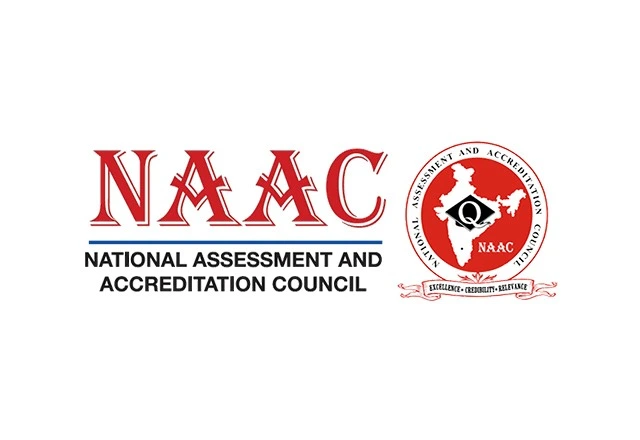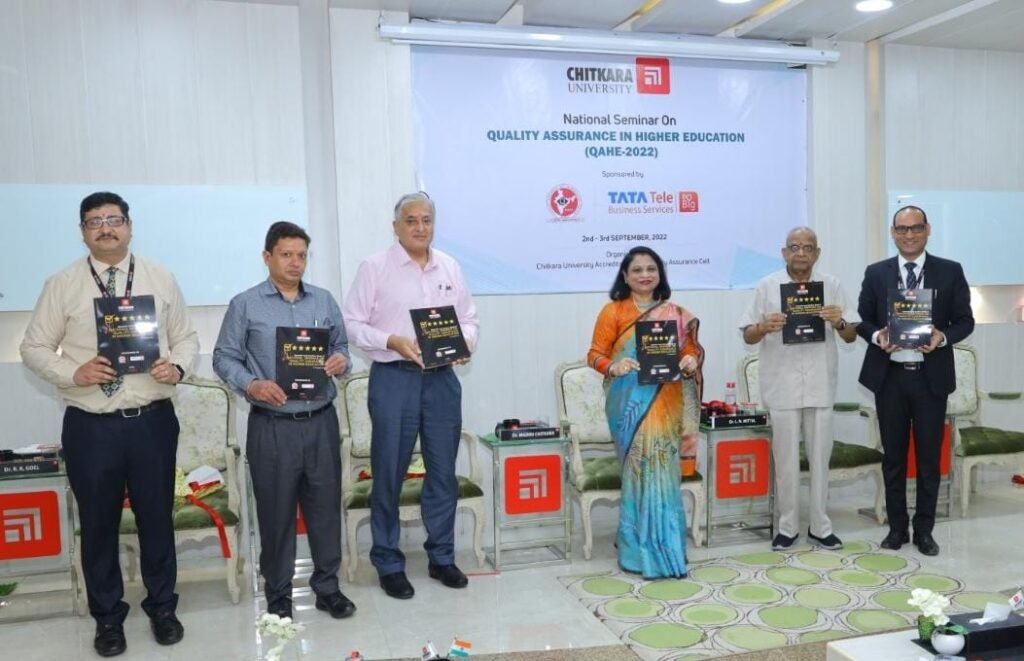NAAC Scraps Physical Inspections to Curb Corruption, Moves to Virtual Accreditation
In a landmark decision aimed at eliminating corruption and improving transparency, the National Assessment and Accreditation Council (NAAC) has announced an immediate suspension of physical inspections for colleges. Moving forward, all accreditation evaluations will be conducted online, replacing on-campus visits with virtual assessments. For universities, however, the transition will be hybrid—most inspections will occur remotely, but select reviewers will still visit campuses to ensure a level of direct oversight. The decision comes in the wake of the recent Central Bureau of Investigation (CBI) probe into the Andhra Pradesh-based Koneru Lakshmaiah Education Foundation (KLEF), where officials allegedly bribed NAAC inspectors to secure favorable ratings. In response, NAAC executive committee chairman Prof. Anil Sahasrabudhe stated, “We are committed to rooting out corruption. Cancelling physical visits will address this issue significantly, as every evaluation will now be recorded.” NAAC director Ganesan Kannabiran described the move as a “surgical strike against graft.” He emphasized that as a quality assurance agency, NAAC is determined to uphold the integrity of the higher education system by preventing manipulative practices. Meanwhile, the much-anticipated basic (binary) accreditation model—originally scheduled for launch in July 2024—has been postponed to April-May 2025. The updated timeline will also introduce maturity-based graded levels (MBGL), a framework designed to encourage institutions to elevate their academic and research capabilities. With around 650 institutions currently in the accreditation queue, nearly 50% of them undergoing a second cycle will have the option to retain their existing grades until the new system is in place. First-time applicants, however, may choose the upcoming basic accreditation model. “Integrating these new frameworks with advanced IT-based assessments will enhance objectivity while eradicating unfair practices,” Sahasrabudhe affirmed. Source: TOI
NAAC Scraps Physical Inspections to Curb Corruption, Moves to Virtual Accreditation Read More »


